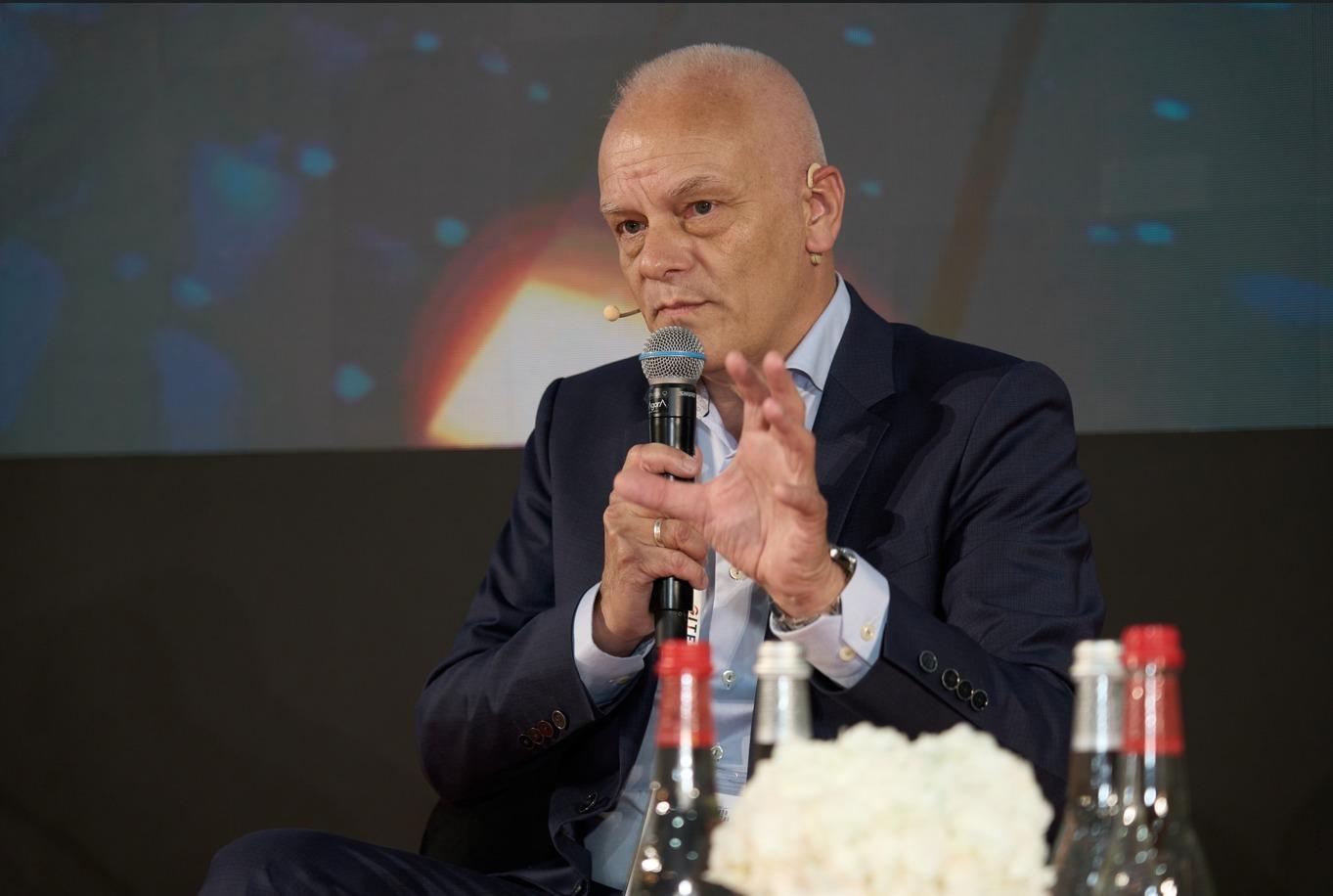
Meet the CEO Behind Phygital Sports: Nis Hatt on Building the Future of Competition
(MENAFN) As the line between the real and digital worlds continues to blur, a new category of competition is taking shape: phygital sports. This groundbreaking format, which merges physical athleticism with competitive gaming, will take center stage this December as Abu Dhabi hosts the Games of the Future 2025.
At the helm of this movement is Nis Hatt, CEO of Phygital International, the organization responsible for developing and promoting phygital sports globally. Speaking to MENAFN, Hatt described the format as “a completely new sporting concept that brings together physical and digital versions of the same sport into a single competition.”
“Athletes first compete in the video game version, then immediately play the real-life version,” Hatt explained. “The scores from both rounds are combined to determine the winner. You need to excel in both arenas to succeed; it’s not esports with a physical element, nor traditional sport with gaming as a side attraction. Both are equally critical.”
The Games of the Future 2025, taking place at Abu Dhabi National Exhibition Centre (ADNEC) from December 18 to 23, will feature 11 disciplines including Phygital Football, Basketball, Fighting, Dancing, and Shooter. The event will also showcase cutting-edge technology competitions such as Drone Racing, Battle of Robots, VR Games, and MOBA tournaments, offering a multi-sensory experience for spectators.
“Abu Dhabi combines ambition, world-class infrastructure, and proven experience in both traditional sports and esports,” said Hatt. “It’s exactly the kind of forward-thinking host city that can deliver a global event of this scale.”
Phygital sports have already made their mark globally, with Phygital Rivals and Origins tournaments held in more than 30 countries, bringing together a diverse field of top-performing clubs. The movement continues to gain momentum through the efforts of the World Phygital Community (WPC), the non-profit international organization promoting phygital sports worldwide. The WPC has rapidly expanded across the Middle East, welcoming members in Qatar, Oman, Bahrain, and Saudi Arabia, with the Emirates Esports Federation joining as its 100th member earlier this year.
“The UAE is uniquely positioned as a bridge between East and West, tradition and innovation,” Hatt noted. “Hosting the Games reinforces its role as a leader in shaping the future of sports and technology.”
While some may see phygital sports as a novelty, Hatt believes its rise mirrors the evolution of once-dismissed disciplines. “Basketball, snowboarding, even esports were all questioned at first,” he said. “Phygital sport isn’t a gimmick; it’s a demanding, legitimate test of skill across physical and digital platforms.”
He envisions a future where phygital sports stand alongside football or basketball as mainstream entertainment. “Every sport can be phygital,” Hatt emphasized. “We’re building a movement that’s inclusive, competitive, and reflective of how a new generation plays and connects.”
Anyone can participate in phygital sports. “All you need is a console, some friends, and a space to play,” Hatt advised. Aspiring athletes and clubs can register through the World Phygital Community website or attend the Games in Abu Dhabi to experience the phenomenon firsthand.
As the countdown begins to Abu Dhabi’s Games of the Future 2025, one thing is clear: phygital sports are not just reshaping competition, they are redefining what it means to be an athlete in a digital world.
MENAFN10112025008268017125ID1110319010

Legal Disclaimer:
MENAFN provides the
information “as is” without warranty of any kind. We do not accept
any responsibility or liability for the accuracy, content, images,
videos, licenses, completeness, legality, or reliability of the information
contained in this article. If you have any complaints or copyright
issues related to this article, kindly contact the provider above.


















Comments
No comment